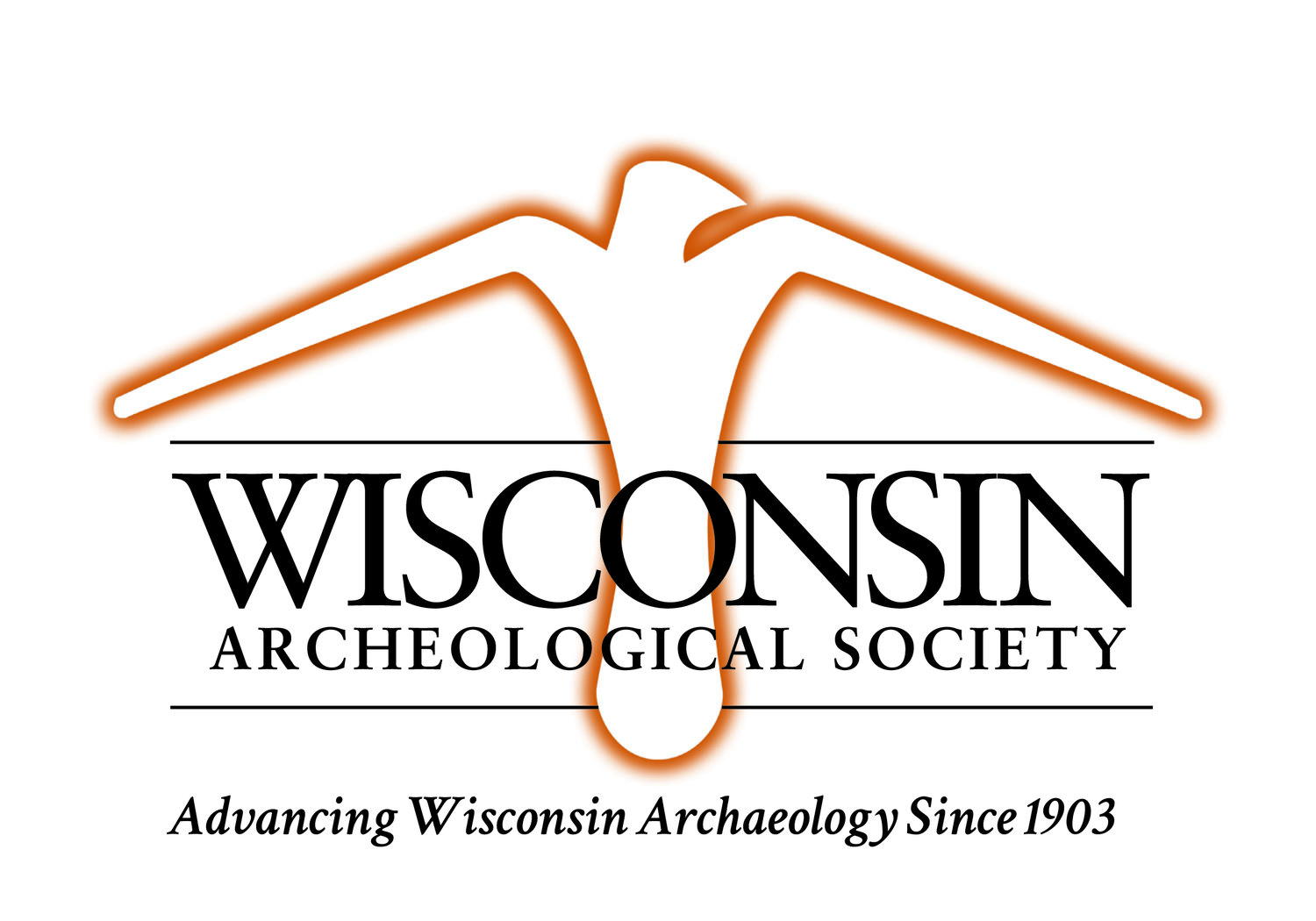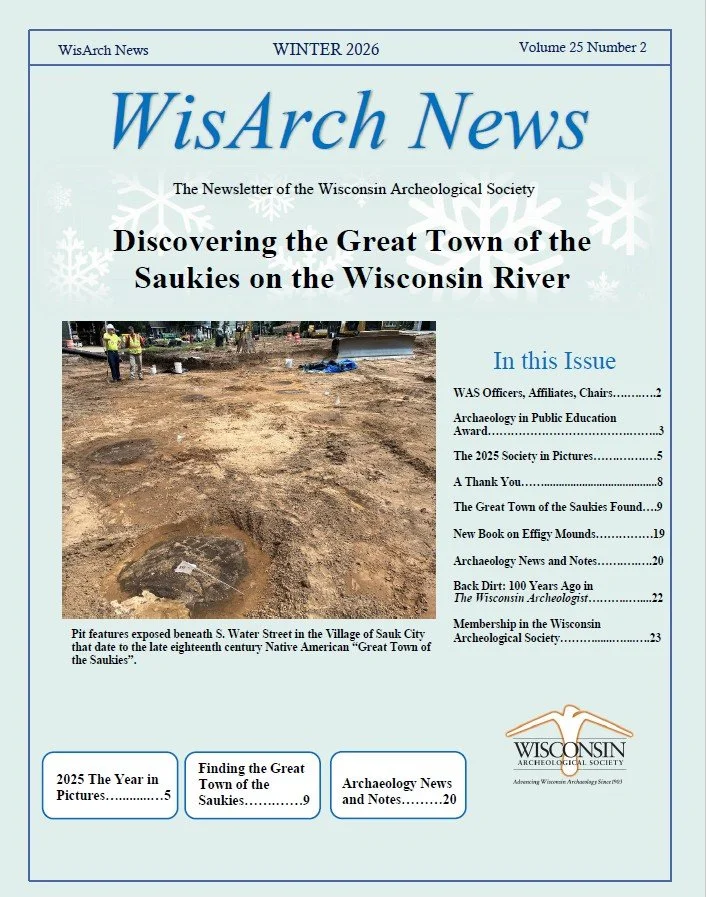The 1914 Ludlow Massacre 100 Years Later
The Archaeology and Politics of an Uncomfortably Recent Past
by Dr. Paul E. Reckner
Wisconsin Historical Society – Museum Archaeology Program
One hundred years ago this year, Colorado State Militiamen and private detectives attacked and burned a tent colony occupied by striking coal miners in Ludlow, Colorado. Eighteen of the colony’s 1,200 residents were killed in the infamous Ludlow Massacre, including thirteen women and children. These families were striking for better working and living conditions in the region’s mines and company towns, and together they endured a grueling labor strike that lasted fourteen months. The Colorado Coal Field War Project conducted five seasons of field excavations at the site of the Ludlow Massacre in partnership with local and national labor unions and the surrounding community, revealing intimate details of the daily lives of striking coal miners. The nature of the archaeology project and the site’s symbolic connections to ongoing, present-day labor struggles generated much controversy, however. Conflicts over the site and the contested history it embodies culminated in the 2003 vandalism of a memorial statue dedicated to the victims of the Ludlow Massacre. This presentation offers a retrospective overview of both the archaeological findings and the social and political dimensions of this unique archaeological endeavor.






